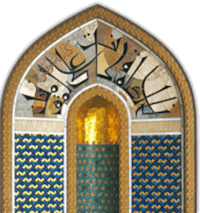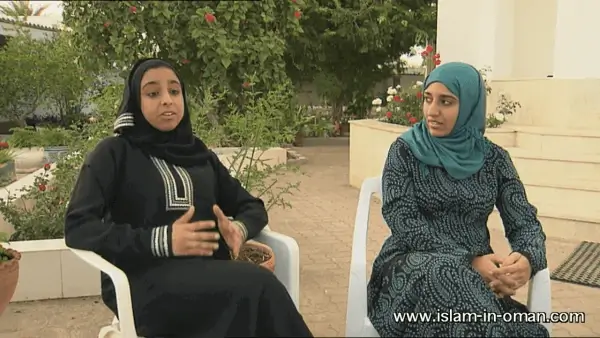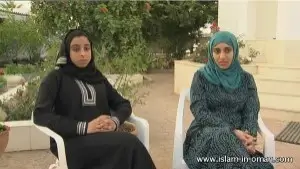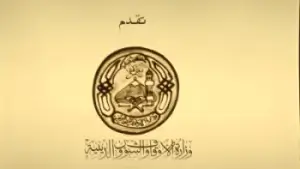
As Oman has developed into a modern, open state, changes in the way of life have contributed to changes in the practices regarding women.
The government established literacy centers and made education compulsory for girls.
This has been a very successfully policy. Because since then, percentage of Females studying has grown to the point that it became necessary to allocate quotas for males at Sultan Qaboos University.
No industry is closed to women. Omani law mandates maternity leave and equal pay for equal work.
In the private sector one finds women working not only as regular employees but also in management and executive positions, and as CEOs and owners.
Whether or not a woman is married, she should be able to earn a living and contribute to the financial security of the family.
Women have the right to vote and to run for election. They hold ministerial posts in the Sultanate and have been appointed as ambassadors abroad.
Female members of parliament are present in both the Majlis A’Shura (Consultative Council) and the Majlis A’Dawla (State Council). Women hold official positions at all levels, serve in the military, and account for almost half of government employees.
At many mosques one finds special prayer rooms especially for women. Women learn about religion and the Quran from other women who are specialized in these matters. To achieve this end the “Centre for the Religious Instruction of Women” was founded, where women also teach.







































